The right to wage war is almost entirely limited to sovereign states. This is usually seen as the product of humanitarian concerns. However, argue Claire Vergerio and Quentin Bruneau, the principle was enshrined in the nineteenth century to empower existing state authorities against challengers—including groups struggling against colonialism, who were reduced to criminals. This is now playing out in the Israel-Palestine conflict. Israel is granted a right to wage war denied to Palestinians.
1. An Israeli ‘right to self-defense’ versus a Palestinian ‘right to resistance’
In a collective response to the 7 October 2023 Hamas attack, Joe Biden, Justin Trudeau, Emmanuel Macron, Olaf Scholz, Giorgia Meloni, and Rishi Sunak declared ‘their support for Israel and its right to defend itself against terrorism’ while also calling for ‘adherence to international humanitarian law’. Months later, faced with the mounting death toll in Gaza, the overwhelming sentiment among many governments in the West seems to be that both sides have committed terrible atrocities in violation of international humanitarian law, but that ultimately, Israel was and remains legally entitled to defend itself.
This seemingly obvious right to self-defense—the central exception to the prohibition on the use of force in contemporary international law—is in fact the object of lively debate among international lawyers. The core of the disagreement hinges on whether Article 51 of the United Nations (UN) Charter can be invoked against a non-state actor. Some claim that this article was constructed as an exception to the prohibition on the use of force in interstate relations found in Article 2(4) and is accordingly only relevant as a justification to use force against other states. Others see it as a self-standing article that can be invoked even against non-state actors, as the United States did after the attacks of 11 September 2001. We will return to the historical origins of this debate later on; for now, what matters is that the terrain on which the debate is unfolding is that of a right to ‘self-defense’.
When it comes to the question of the use of force by Palestinians, the legal discussion has always been markedly different. As late as 2015, one commentator wondered whether ‘the world will ever get around to asking if maybe Palestinians have a right to self-defense too’.
___
Why does no one speak of a Palestinian right of self-defense, but only of resistance?
___
Since 2023, legal scholars and practitioners have begun answering this call somewhat timidly, though the language they use is different. Marco Sassòli recently explained that ‘it is not unreasonable that they [Palestinians] have the right to use force to exercise their right to self-determination and to resist occupation’, while Marko Milanovic stated that he is willing to accept a Palestinian right to resist the Israeli occupation in principle. Some have been more forceful. Legal scholar Noura Erakat for instance claimed in an interview that ‘Palestinians have the right to use force against Israel and all military installations and targets to end their unjust rule’ throughout ‘the entire occupied territory’. Likewise, in a recent report, Shahd Hammouri states that ‘resistance by the Palestinian people against an illegal occupying power by all means available at their disposal is a legitimate act’. This wind of change even reached the International Court of Justice (ICJ), where Chinese envoy to the UN Zhang Jun argued in favor of ‘Palestinian people’s use of force to resist foreign oppression and complete the establishment of an independent state’, a right that is, he claimed, ‘well-founded in international law’.
SUGGESTED VIEWING Truth, Gaza and Reportage With Myriam François, Uriel Abulof, Sophie Scott-Brown







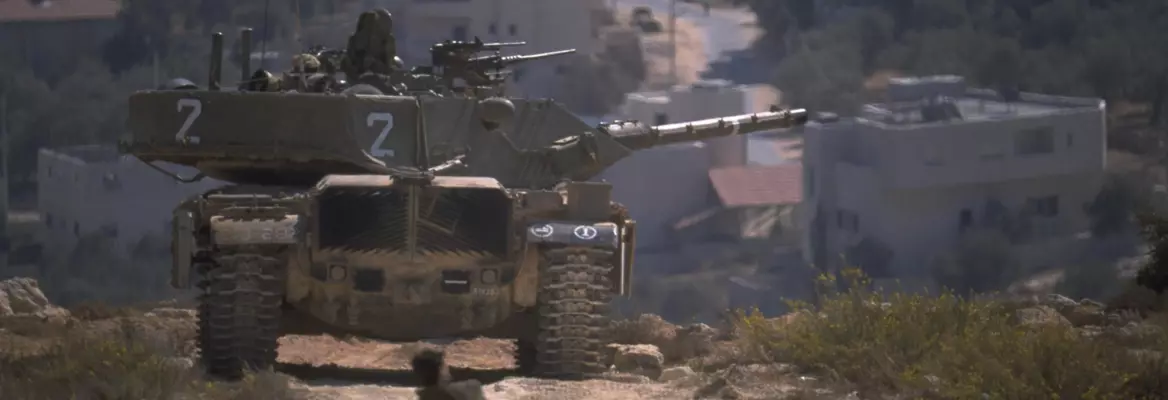

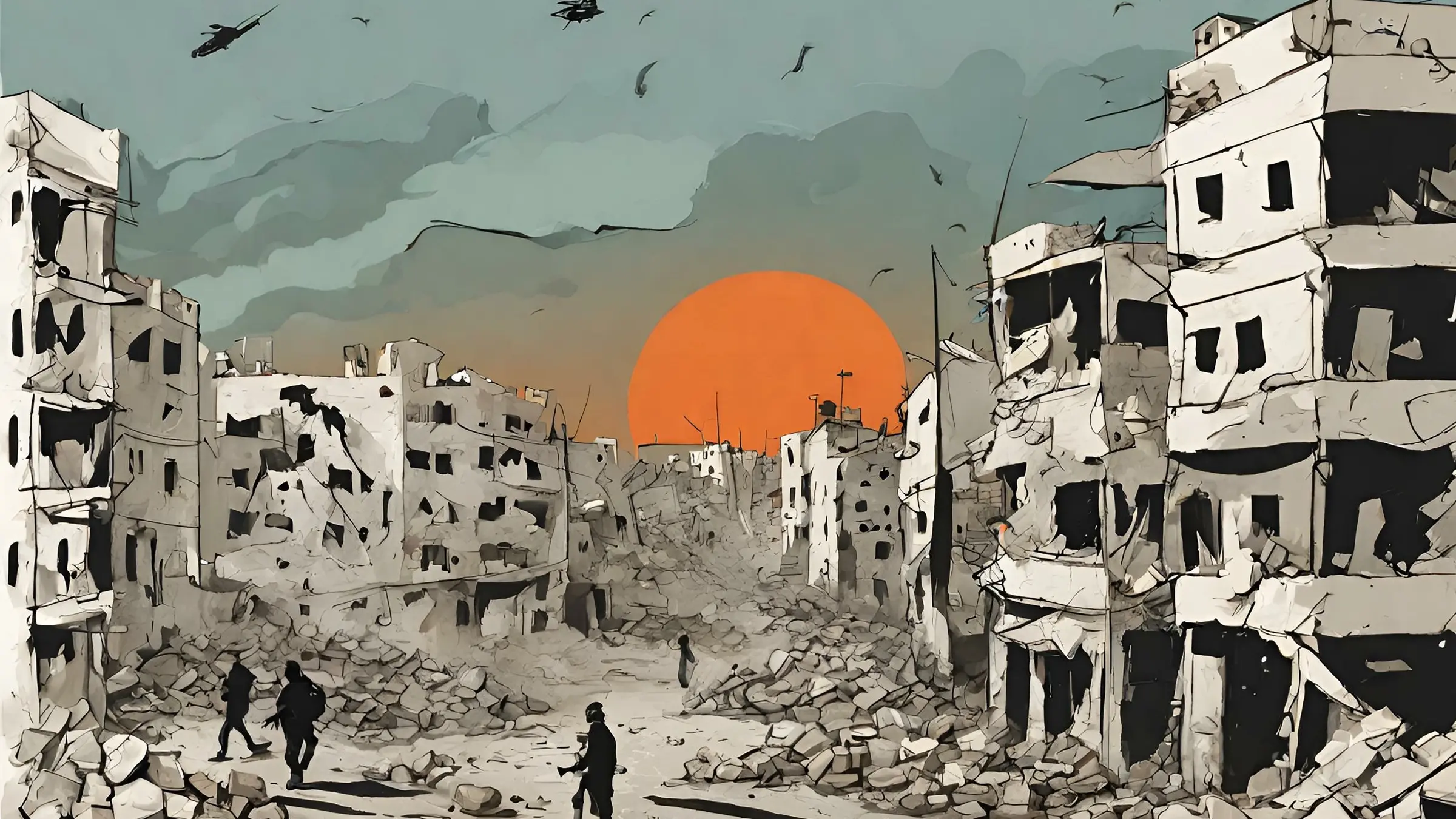


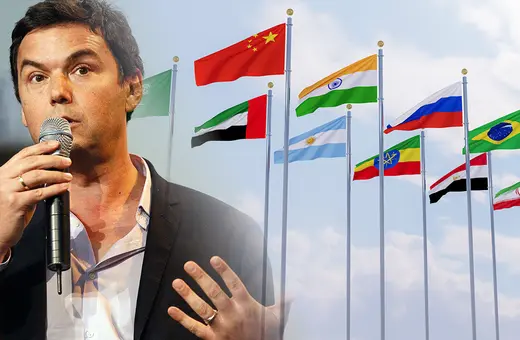
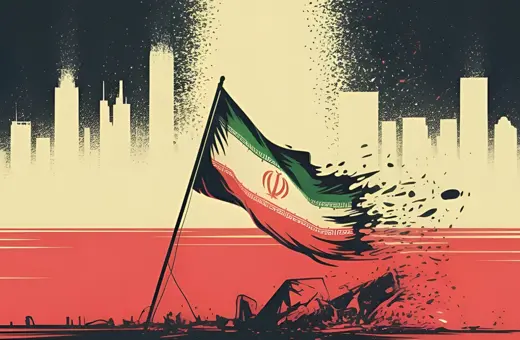

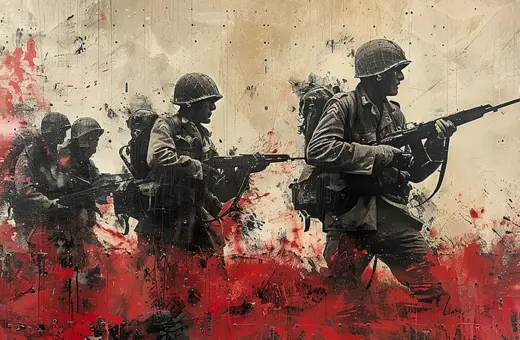





Join the conversation